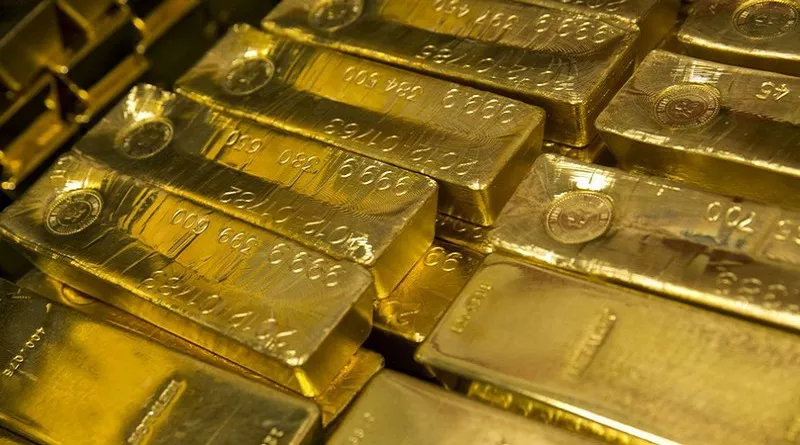In times of economic uncertainty or when seeking to declutter one’s possessions, selling gold can be a lucrative and strategic financial decision. Whether it’s old jewelry, coins, or bullion, the process of selling gold requires careful consideration to ensure you get the best value for your precious metal. In this comprehensive guide, we will explore various avenues where you can sell your gold and provide insights into maximizing returns.
Local Jewelry Stores:
One of the most traditional and convenient options for selling gold is through local jewelry stores. Many jewelers buy gold directly from individuals, offering a quick and straightforward transaction. Before approaching a store, it’s advisable to research the current market value of gold to have a fair estimate of what your pieces might be worth. Keep in mind that local jewelers may not offer the highest prices, as they need to cover their own costs and make a profit.
Pawn Shops:
Pawn shops are another common destination for selling gold. These establishments provide quick cash in exchange for your items, but the rates may vary widely. It’s crucial to understand that pawn shops are in the business of making a profit, and their offers may be lower than the actual market value. If you decide to go this route, be prepared to negotiate and, if possible, get multiple quotes to ensure a fair deal.
Online Marketplaces:
The rise of online marketplaces has opened up new opportunities for selling gold. Platforms like eBay, Craigslist, and Facebook Marketplace allow you to connect directly with potential buyers. However, selling gold online comes with its own set of challenges. It requires thorough documentation, clear photographs, and a secure payment method. Be cautious of potential scams and only use reputable platforms with buyer protection policies.
Gold Buying Companies:
Several reputable gold buying companies specialize in purchasing gold from individuals. These companies often provide a secure and straightforward process, allowing you to mail your gold items for appraisal. While this option may offer convenience, it’s essential to research and choose a reliable company with a transparent pricing structure. Keep in mind that these companies may deduct fees for refining and processing, affecting the final payout.
Local Coin Shops:
If you possess gold coins or bullion, local coin shops can be a viable option for selling your precious metals. Coin shops usually have knowledgeable staff who can assess the value of your coins based on factors such as rarity and condition. While these establishments may offer competitive rates, it’s crucial to shop around and compare offers from different coin shops to ensure you receive the best deal.
Refiners:
For individuals with larger quantities of gold, selling directly to refiners can be a lucrative option. Refiners process raw gold and often offer higher prices than other buyers, as they eliminate the middlemen. However, dealing with refiners requires a significant amount of gold to make the transaction worthwhile, and the process may be more complex compared to selling to local shops or online buyers.
See Also How Can You Tell If Jewelry Is Real Gold
Conclusion:
In conclusion, the decision of where to sell your gold depends on various factors, including the type and quantity of gold you possess, your desired level of convenience, and your preference for quick cash versus potentially higher returns. Before making a decision, research the current market value of gold, obtain multiple quotes, and carefully consider the reputation and reliability of the buyer. By exploring the diverse options available, you can make an informed choice that maximizes the value of your precious metal. Whether you opt for local jewelry stores, online marketplaces, or gold buying companies, the key is to approach the selling process with knowledge and confidence.


